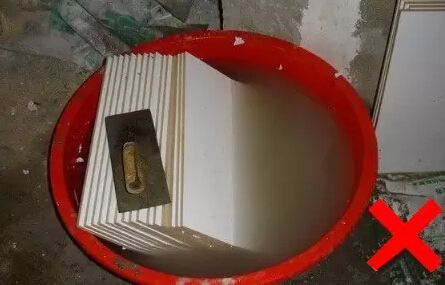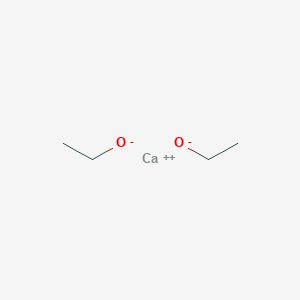
There are many types of tiles, including polished tiles, glazed tiles, and all-in-one tiles, but in either case, there is a certain amount of porosity. Tile water can fill these pores. The first is to prevent the tiles from being too dry and cracking and to reduce the service life. The second and most important reason is to prevent the tiles from absorbing the moisture in the cement mortar, causing the tiles to become empty and fall off. Cracks appear. When the tile “drinks†full of water, the water absorption rate becomes lower, and the cement mortar can dry naturally, which reduces the emptiness and shedding of the tiles.
Question 2 Which tiles need to be soaked?Tile water is mainly to make the tiles "drink" water, so that it will not absorb the moisture of cement mortar, not all tiles need to soak. If the water absorption rate of the tiles is very low, then there is no need for water soaking. For example, porcelain tiles with a water absorption of less than 0.5%, polished tiles and vitrified tiles belong to porcelain tiles, as well as antique tiles of some manufacturers. Embryos also belong to porcelain tiles, which do not require soaking. In addition, we generally do not need to soak the water in the ground tiles, but the glazed wall tiles used in kitchen and toilets generally have a water absorption rate of more than 10%, so we must soak water before laying.
Question three how to tile soaked?The so-called "bubble water" of tiles means that all the tiles are immersed in water. Generally, the construction party will prepare a large basin. However, there are also some irresponsible construction teams that use ceramic tiles to pour water pipes onto them so that the tiles can only be wetted and the tiles cannot be fully “filledâ€. After laying, it is likely to cause various problems.

Because of the different water absorption rates of different tiles, there is no specific standard. Generally, the wall tiles are immersed for a maximum of twenty to thirty minutes, but the end result is that the tiles “drink†the water and no longer bubble up. With high water absorption, it will take longer to soak. In the rainy season, due to the moist air, the time must be shortened accordingly; when the weather is dry, the time must increase accordingly.
Five questions tile after flood damage will change it?After the tiles are soaked, the color will become darker, and the light-colored tiles will become more obvious. This is a normal phenomenon, so everyone should not panic. In addition, because the tiles will be darkened in color, so when you soak the tiles, use a little foam, because after soaking the tiles can not be returned, dried several times, the first soaked tiles and the second soaked The color of the tiles will also be different.
These are the small series of relevant knowledge about how long the tiles soaked better of you about. We always encounter some details in the decoration, but often the details determine the success or failure, tile soaking water and not soaking water in two cases, the effect of paving tiles is also different. We can learn more about these issues before the renovation, to avoid decoration errors! For more information, please follow this site!
Tile Tile Soaked Tile Tile
Calcium Ethoxide Basic Information
CAS: 2914-17-2
MF: C4H10CaO2
MW: 130.2
EINECS: 220-828-8
Mol File: 2914-17-2.mol
Calcium Ethoxide Chemical Properties
Melting point >170°C (dec.)
Safety Information
Risk Statements 11-14-36
Safety Statements 8-16-26-43

Calcium Ethoxide CAS No.2914-17-2
calcium ethanoate,calcium ethanoate and ethanol,calcium ethanoate formula,calcium ethanoate and ethanol reaction,calcium ethanoate balanced equation,calcium ethanoate bonding
ShanDong YingLang Chemical Co.,LTD , https://www.sdylhgtrade.com